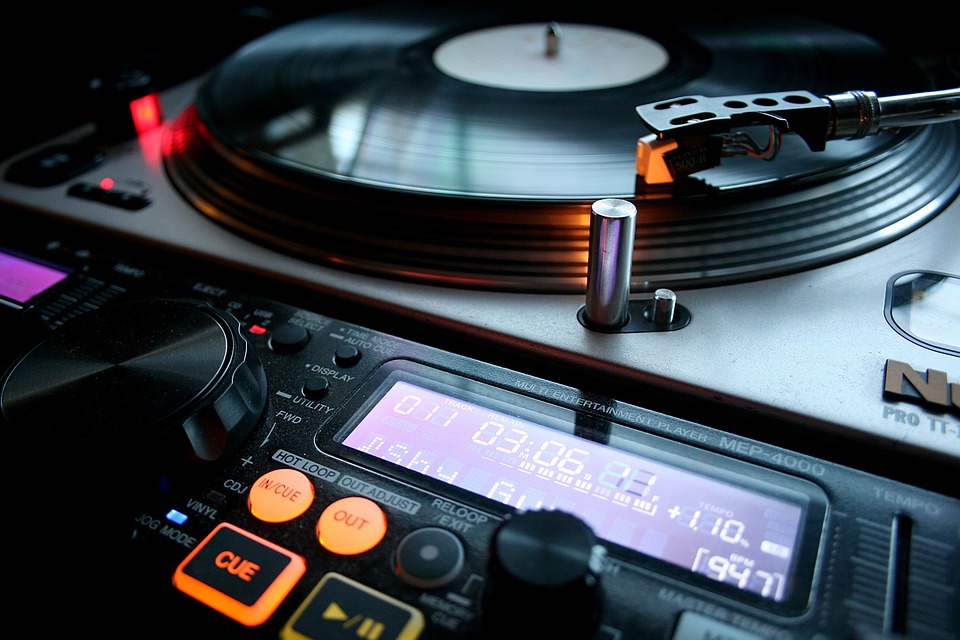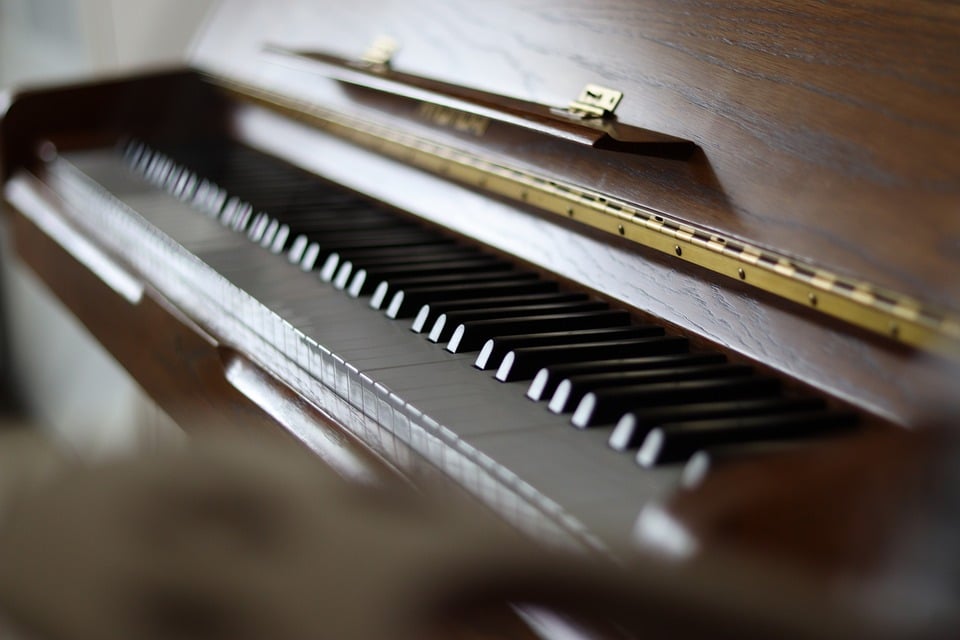Introduction
The JCM 800 and JCM 900 are two legendary guitar amplifiers from Marshall, each with its unique characteristics. Guitarists often find themselves debating which model better suits their style. This article explores the key differences, tonal qualities, and features of both amplifiers, helping you decide which one is right for you.
Understanding the JCM 800
The JCM 800, released in the early 1980s, is a cornerstone in the world of rock music. Known for its powerful sound and aggressive tone, it quickly became a favorite among rock and metal guitarists. The amp is available in various configurations, including 2203 and 2204 models, which differ mainly in their power output and features.
One of the standout features of the JCM 800 is its simplicity. It typically has a straightforward layout with fewer controls, making it easy to dial in a great tone quickly. The amp’s gain structure allows for a wide range of sounds, from clean tones at lower settings to saturated, crunchy overdrive at higher settings. This flexibility makes it appealing for both rhythm and lead playing.
Exploring the JCM 900
Following the success of the JCM 800, Marshall introduced the JCM 900 in the early 1990s. This model aimed to enhance the features and tonal options while retaining the classic Marshall sound. The JCM 900 series includes various models, such as the 4100 and 4500, each with different features and tonal characteristics.
One of the key advancements in the JCM 900 is its dual-channel design, which allows for more tonal variety. The clean and overdrive channels can be adjusted independently, providing greater versatility for players who switch between clean and distorted sounds during a performance. Additionally, the JCM 900 often includes more controls, such as an EQ section, which can further shape your tone.
Tonal Characteristics of the JCM 800
The tone of the JCM 800 is often described as aggressive and punchy. Its midrange presence is particularly pronounced, making it ideal for cutting through a mix in a band setting. The amp’s natural compression adds a unique character to the sound, enhancing sustain and making notes sing. Many players favor the JCM 800 for its ability to produce a classic rock tone that is both gritty and articulate.
When it comes to distortion, the JCM 800 excels at creating rich, harmonically complex overdriven sounds. This has made it a go-to choice for many lead guitarists who appreciate its ability to produce soaring solos while maintaining clarity. The amp’s interaction with different guitars and pickups can also significantly affect the final tone, providing endless possibilities for experimentation.
Tonal Characteristics of the JCM 900
The JCM 900 offers a different tonal palette compared to the JCM 800. While it retains the classic Marshall sound, it also introduces a smoother, more refined overdrive. This makes it suitable for a wider range of genres, from hard rock to more modern styles. The amp’s dual-channel design allows players to switch between a bright, chimey clean tone and a thick, creamy distortion with ease.
Another notable characteristic of the JCM 900 is its enhanced low-end response. This can be particularly beneficial for players who favor heavier styles of music, as the amp can deliver a more powerful and full-bodied sound. The flexibility of the JCM 900’s EQ controls also allows for fine-tuning your tone, making it easier to adapt to different playing situations and musical styles.
Build Quality and Reliability
Both the JCM 800 and JCM 900 are well-regarded for their build quality and reliability. Marshall amplifiers have a long-standing reputation for durability, and these models are no exception. The JCM 800, with its classic design, features a robust chassis and high-quality components that can withstand the rigors of touring and live performances.
The JCM 900 builds on this legacy with additional features, such as a more sophisticated power supply and improved circuitry. This attention to detail contributes to its reliability, ensuring that it can handle the demands of professional use. Both amps are built to last, giving players confidence that they can depend on them night after night.
Which One is Right for You?
Choosing between the JCM 800 and JCM 900 ultimately comes down to your personal preferences and playing style. If you’re a guitarist who loves classic rock tones and prefers a straightforward setup, the JCM 800 may be the ideal choice. Its simplicity and aggressive sound can deliver the punchy tones that many rock guitarists crave.
On the other hand, if you seek versatility and a broader range of tonal options, the JCM 900 might be more suitable. Its dual-channel design and refined overdrive capabilities allow for a greater variety of sounds, making it an excellent choice for players who dabble in multiple genres or require quick changes during performances.
Price and Availability
When considering either amplifier, price is an important factor. The JCM 800 generally has a higher resale value due to its iconic status and demand among collectors. However, both amplifiers can be found on the used market at varying prices, depending on their condition and specific model.
The JCM 900, while still respected, may be available at a slightly lower price point, making it an attractive option for those on a budget. Regardless of your choice, it’s essential to try out both amplifiers in person if possible, as personal experience can greatly influence your decision.
Conclusion
In the battle of JCM 800 vs. JCM 900, both amplifiers have their strengths and unique characteristics. The JCM 800 is celebrated for its classic rock sound and simplicity, while the JCM 900 offers enhanced versatility and tonal options. Your choice should reflect your personal style and the type of music you play. Ultimately, both models are exceptional in their own right, and either can serve as a powerful tool in your musical arsenal.
FAQs
1. Can I use a JCM 800 for genres other than rock?
Yes, while the JCM 800 is primarily associated with rock and metal, it can also be adapted for other genres, especially with the right pedals and settings. Players have successfully used it for blues, jazz, and even pop music.
2. Is the JCM 900 suitable for live performances?
Absolutely! The JCM 900 is designed for live performance with its reliable build quality and versatile sound. Many professional musicians use it on stage due to its ability to deliver powerful tones across various styles.
3. Do both amplifiers require a lot of maintenance?
Like any tube amplifier, both the JCM 800 and JCM 900 require some maintenance, such as tube replacement and biasing. However, with proper care, they can remain in great condition for years.
4. Can I achieve a similar sound with pedals?
While pedals can help emulate the tones of both amplifiers, the unique characteristics of each amp may be difficult to replicate entirely. Using high-quality pedals in conjunction with either amp can enhance your overall tone.
5. Are there any specific guitars that work best with these amplifiers?
Both amplifiers are versatile and can pair well with a variety of guitars. However, many guitarists report excellent results using humbucker-equipped guitars for a fuller sound, particularly with the JCM 800.


